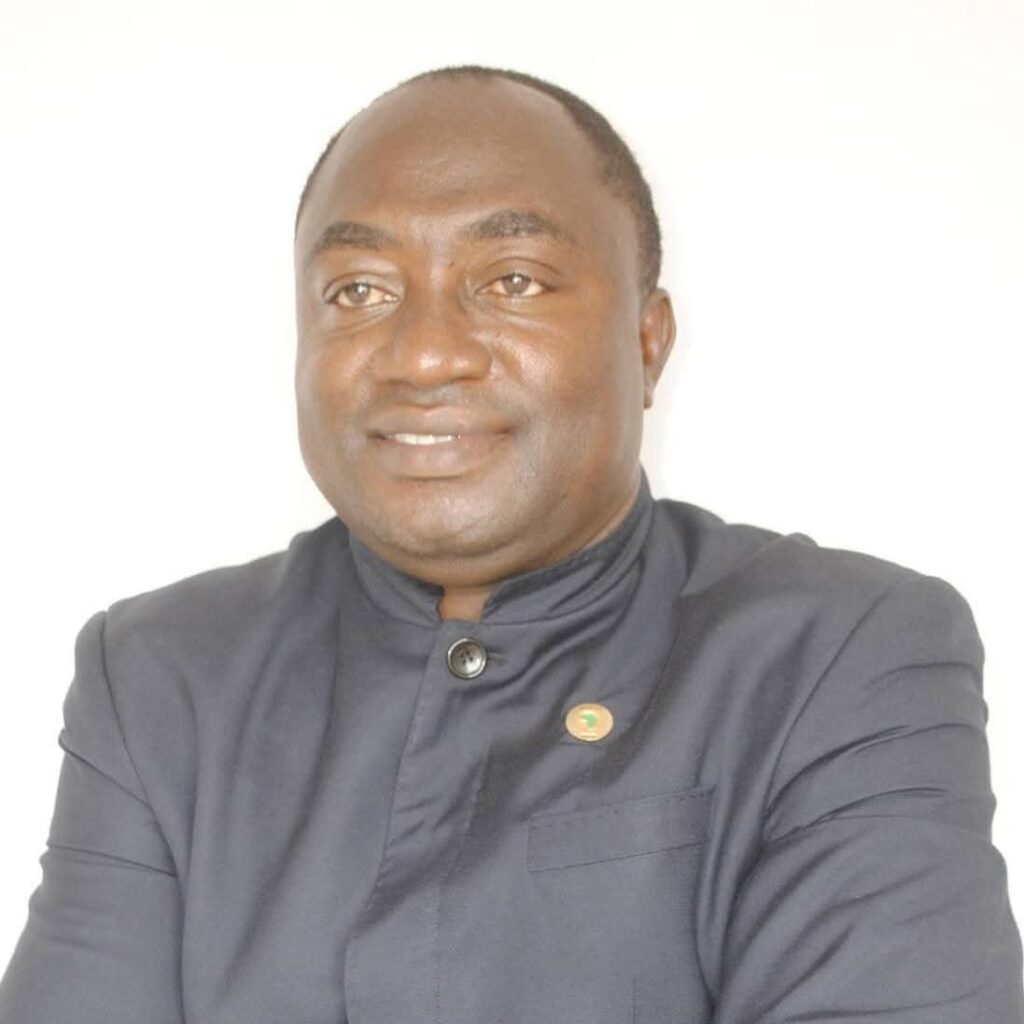Calls for Justice, Dialogue, and Genuine Federalism to End the Anglophone Crisis
A powerful and thought-provoking open letter written by Professor Willibroad Dze-Ngwa, a respected historian and peace advocate, has sparked national reflection on the urgent need for justice and sustainable peace in Cameroon. Addressed to President Paul Biya, the letter titled “A Call for Justice and Sustainable Peace through the Resolution of the Anglophone Question” challenges the Head of State to take bold and compassionate action toward ending the country’s long-standing Anglophone crisis.
In his message, Professor Dze-Ngwa begins by congratulating President Biya on his re-election following the October 12, 2025 Presidential Election, but he quickly turns to what he calls “the voice of conscience.” Speaking on behalf of the people of the North West and South West Regions, he reminds the president that the pain and suffering in these areas are not distant memories, but daily realities.
A History of Broken Promises
The historian retraces the origins of what he calls “a history of unhealed wounds.” He notes that the current conflict stems from the erosion of the 1961 Federal Union Agreement, which was founded on equality, mutual respect, and bilingual coexistence. According to him, the abolition of the federal system in 1972 centralized power and weakened common law institutions, education, and local governance—transforming partnership into subordination.
“The Anglophone citizen still feels alienated in the very nation to which they freely acceded,” he writes, adding that English-speaking Cameroonians remain underrepresented in key national institutions.
The Human Cost of the Crisis
Professor Dze-Ngwa paints a grim picture of the ongoing humanitarian toll.
Thousands have died, hundreds of thousands have been displaced, and the once-thriving economies of the North West and South West lie in ruin. Schools, hospitals, and traditional institutions have been destroyed, while many young people have lost access to education and hope.
He calls the Anglophone crisis “a national wound that demands urgent healing.”
A Moral and Political Challenge
In a tone both firm and conciliatory, the professor reminds President Biya that true leadership is not about asserting power, but about restoring trust. He urges the Head of State to seize a “golden opportunity to be remembered as a unifier and reformer” by addressing the crisis with courage and compassion.
“The question is no longer whether the Anglophone problem exists—it does,” Dze-Ngwa asserts. “The expectation now is that your administration will have the courage and humility to confront it with honesty, compassion, and vision.”
Seven Key Recommendations for Lasting Peace
Professor Dze-Ngwa outlines a clear seven-point roadmap toward national reconciliation:
1. Release all political prisoners linked to the conflict as a gesture of goodwill.
2. Withdraw excessive military presence from the Anglophone regions to reduce fear and rebuild trust.
3. Organize a genuine and inclusive national dialogue with all stakeholders, including exiled and imprisoned leaders.
4. Undertake constitutional reforms to restore true federalism and shared sovereignty.
5. Establish a Truth, Reconciliation, and Justice Commission to address past abuses and promote healing.
6. Rebuild the Anglophone economy and infrastructure, focusing on education, health, and agriculture.
7. Promote genuine bilingualism by ensuring equal access to public services in both English and French.
A Call to National Conscience
The open letter concludes with a powerful moral appeal, reminding the president that peace cannot be decreed—it must be built through justice and inclusion.
“Cameroon’s greatness will not be measured by its monuments or its military might,” he writes, “but by how it treats its minorities, its dissenters, and its most vulnerable citizens.”
Professor Dze-Ngwa’s letter is being widely discussed across academic circles, media platforms, and social networks. Many observers see it as one of the most direct and constructive appeals to the presidency since the conflict began in 2016.
As Cameroon stands at yet another turning point, the message from this scholar echoes across the nation:
The time for peace, justice, and true unity is now.
Professor Willibroad Dze-Ngwa is a lecturer at the University of Yaoundé I and Founding President of the Heritage Higher Institute of Peace and Development Studies. He is widely recognized for his work on peacebuilding and governance in Africa.

